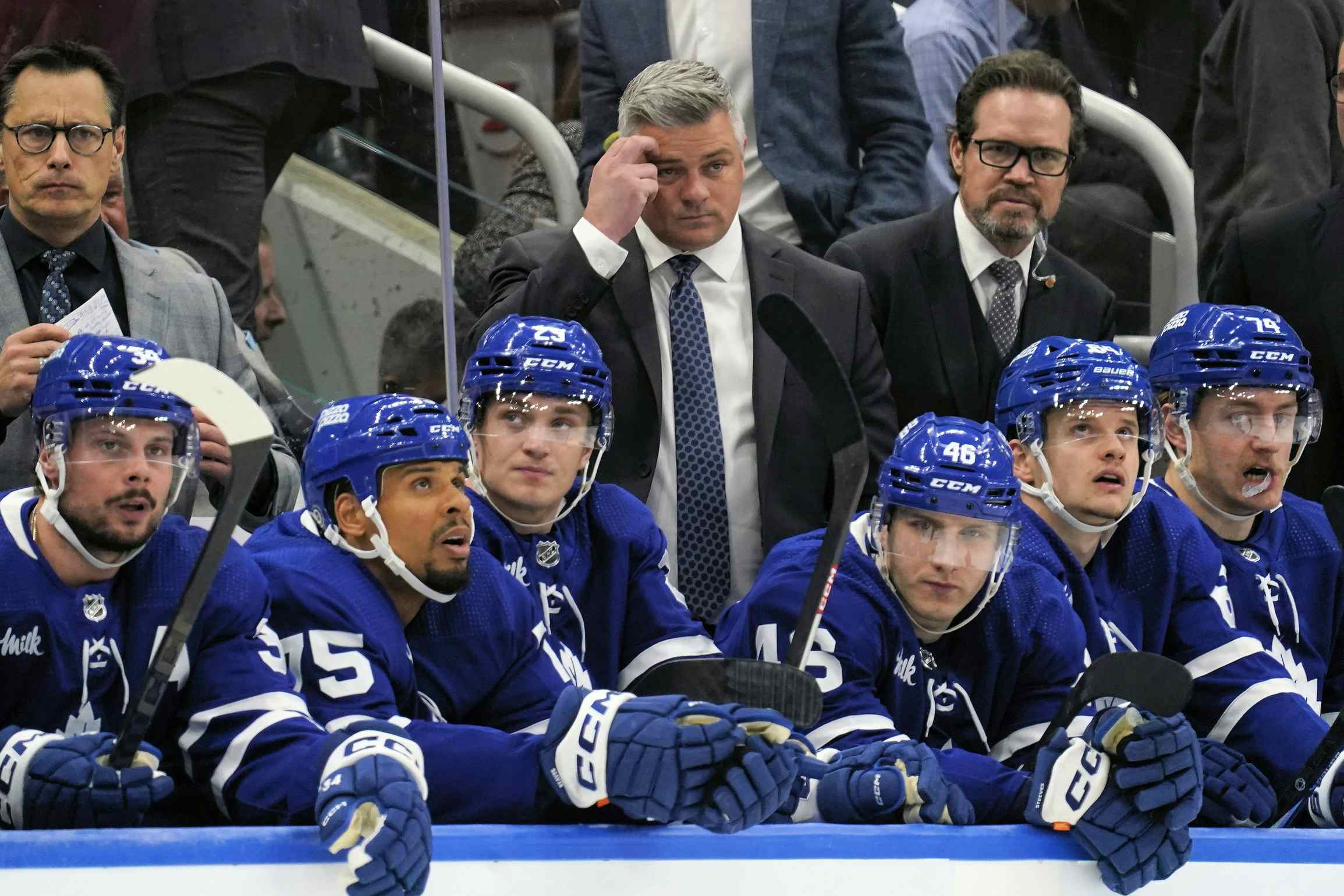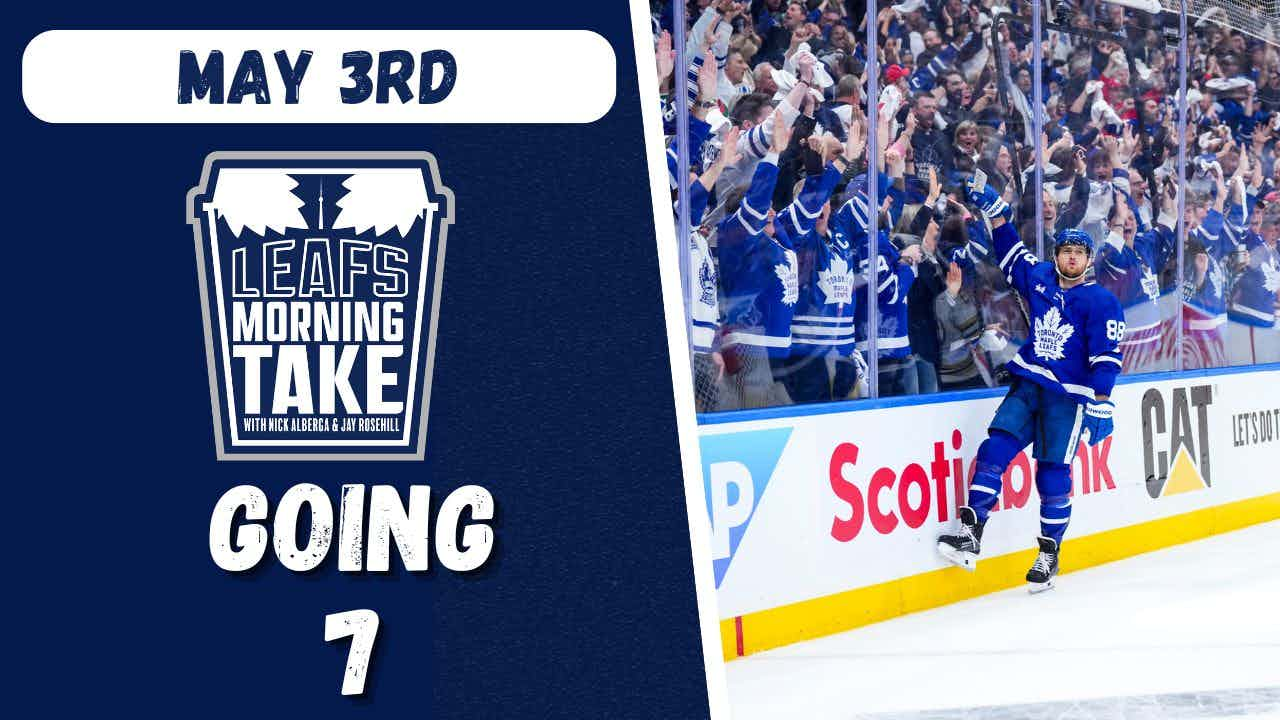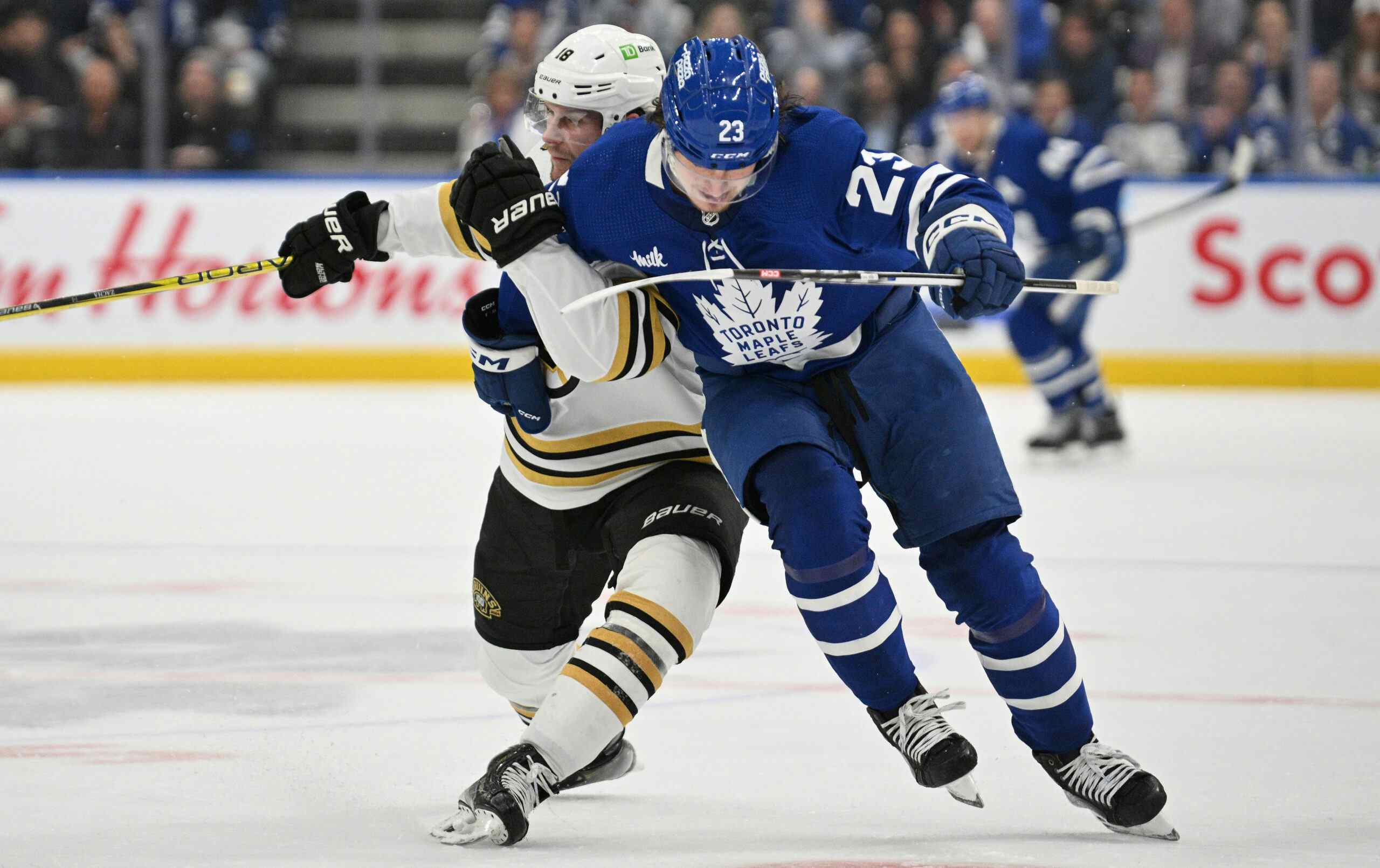Jake Gardiner: A coming out party of awareness more than improvement

Jake Gardiner has long been the most polarizing defenceman employed by the Toronto Maple Leafs, but this year he seemed to catch a lot less flack than in previous years.
During the course of the season, I assumed this was just a by-product of the team being competitive for the first time in a while until I noticed his boxcar statistics. Gardiner was tops among Leafs defencemen in goals (9), assists (34), points (43) and plus-minus (+24) while playing in all 82 regular season games. The thing that caught my eye was that pesky plus-minus, which he led the team in by a pretty significant margin (second on the team was Roman Polak at +10.) I’m not about to go on a tangent about how useless of a statistic plus-minus is, Garret Hohl lays it out pretty well here, but I have a sneaking suspicion that +24 is a big reason behind the many Gardiner critics quieting down this season.
There were some people praising Mike Babcock for the improvement of Gardiner’s defensive game, even though he’s always been good defensively, but I don’t think the process was much different for Gardiner in 2016/17 than in other seasons. The results improved, which obviously has a huge impact on perception, but he’s always been this good or at least close to this good. Gardiner has always been known as somewhat of a “corsi darling,” and for good reason. Over the three years prior to the 2016/17 season, Gardiner led the Leafs in relative shot attempt differential (rel.CF%) at 5v5 when adjusted for score, zone and venue effects. During those three seasons the Leafs shot share increased 4.42% when Gardiner was on the ice. The second best Leaf defenceman in that department over that period of time was Cody Franson, who posted a +2.43 rel.CF%. This year Gardiner’s relative shot differential actually decreased from previous years, but he was still a +1.25 rel.CF%, as opposed to, for example, last year’s +2.84%.

It looks like all of the good luck Gardiner didn’t get in that terrible, awful, no good 2014/15 season showed up two years later! During that disastrous season, Gardiner suffered a 13.97%(!!) drop from rel.xGF% to his actual rel.GF%. This resulted in his -23 rating, while this season he received some significant puck luck with a +11.56 boost from rel.xGF% to rel.GF%, resulting in a +24 rating. Gardiner not only had an unsustainably high PDO, but he had the biggest xPDO to PDO differential he’s had over the last four years, getting a 2.2% bump. This might not seem like it’s a huge differential, but over almost 1420 minutes of 5v5 ice time, it makes a big difference.
It’s also interesting to note that Gardiner’s relative shot share has taken a bit of a dip since Mike Babcock’s arrival/Randy Carlyle’s departure. I think most of that is likely due to two things. First, the team is no longer a black hole in the shot differential department, so things are much tighter. There are no Jerred Smithson’s operating at -10 rel.CF% on a team which only owned 42% of the shot share. There is an actual system in place which can even get players like Ben Smith and Matt Martin close to 50% shot share while on the ice. The other likely contributor is QoC. Carlyle wouldn’t trust Gardiner playing against a peewee AAA team’s second line, so he was heavily sheltered. Babcock trusts Gardiner a little more, although I still think he should be given more responsibility. Rielly and Zaitsev were given the opposition’s top lines as much as possible this year for the most part, but Babcock seemed to use Gardiner in that role a little more toward the end of the season. I’ve said this a million times, but I’d love to see Gardiner get a heavier dosage of the tough minutes with Rielly being a little sheltered instead. Rielly has always been really good at driving offence, while also getting caved in in terms of conceding shots against. I think it would benefit him to play against easier competition and focus on doing what he does best: driving offence, although I understand that the Leafs really want to form him into their own Duncan Keith.
If you follow me on twitter, which you probably don’t, you know that I’m a huge fan of Gardiner and I’d love to say he took another huge step forward. Ultimately, though, I don’t think he did anything significantly better or worse this past season than in previous seasons, but it’s still great to see the general perception of him finally change.
Gardiner has always been really good, but it took all of the bounces going his way in 2016/17 for that negative perception to dissipate.
*stats via corsica.hockey and stats.hockeyanalysis.com
Recent articles from dylan fremlin





